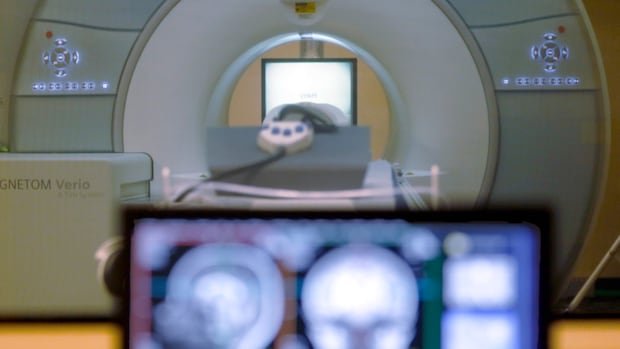An innovative gene therapy developed by a European biotech company shows potential in slowing the devastating effects of Huntington’s disease, a degenerative condition that impacts movement, memory, and personality. Typically fatal within 10 to 20 years of diagnosis, this disease affects families and has limited treatment options.
Preliminary findings from a small clinical study conducted by the Netherlands-based company uniQure revealed that the experimental gene therapy, administered during brain surgery, reduced disease progression by 75% over three years for patients receiving the highest dose. While the treatment did not offer a cure, researchers are optimistic about the results.
This development signifies a significant advancement for Huntington’s disease, which has seen few breakthroughs since the identification of the disease-causing gene in 1993. Although questions remain unanswered, slowing disease progression could enhance the quality of life for patients by prolonging their ability to work, function independently, and maintain their autonomy.
However, uncertainties persist regarding the eligibility of individuals for the treatment, particularly those who may not be suitable candidates for brain surgery. The full study data has not been publicly disclosed or reviewed by independent experts, which could provide critical insights into the treatment’s efficacy and optimal dosing.
The gene therapy procedure involves a lengthy brain surgery where the therapy is delivered to specific brain regions using real-time MRI guidance. The treatment targets the faulty Huntingtin gene using a modified virus to administer the therapy known as AMT-130, with the goal of reducing levels of the harmful mutant huntingtin protein that disrupts normal brain function.
Despite the promising results, challenges such as the small sample size in the trial and the lack of long-term data underscore the need for further research. While some experts are cautiously optimistic, acknowledging the limitations, others emphasize the necessity for more comprehensive data to assess the treatment’s sustained effectiveness.
The company plans to present its findings to the U.S. Food and Drug Administration this year, with intentions to seek marketing approval by 2026 for this potentially groundbreaking gene therapy for Huntington’s disease.

